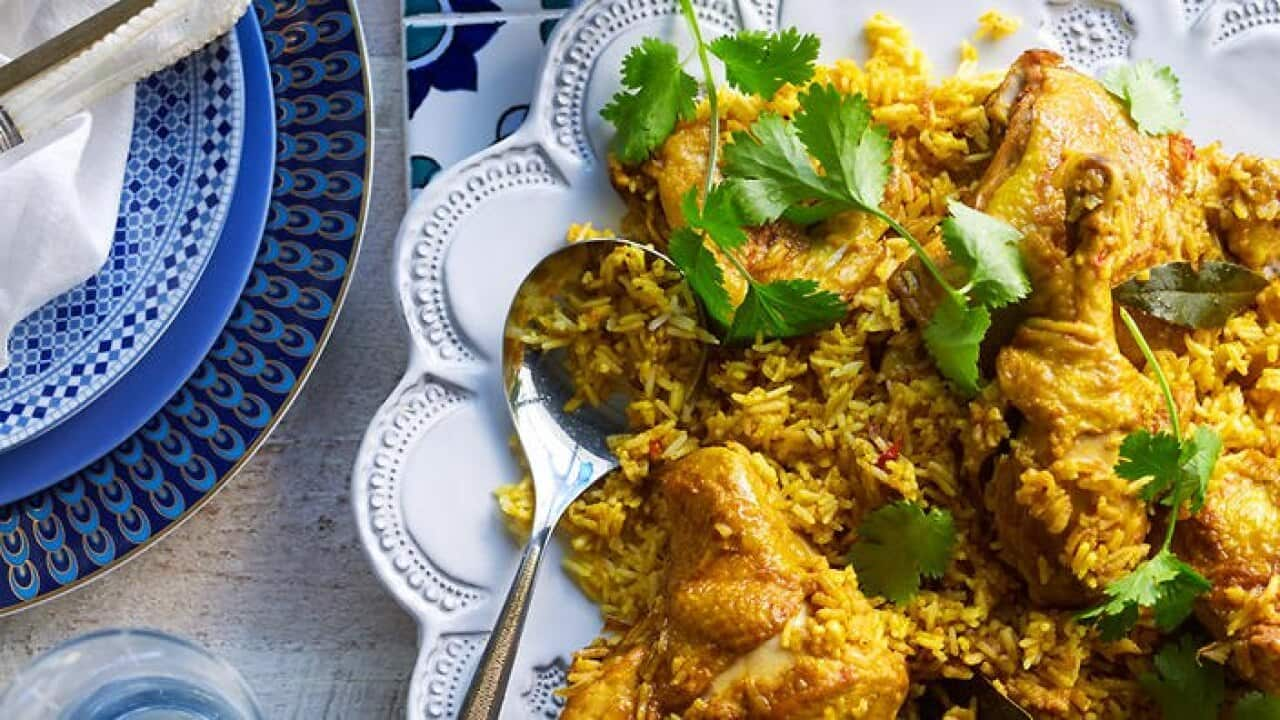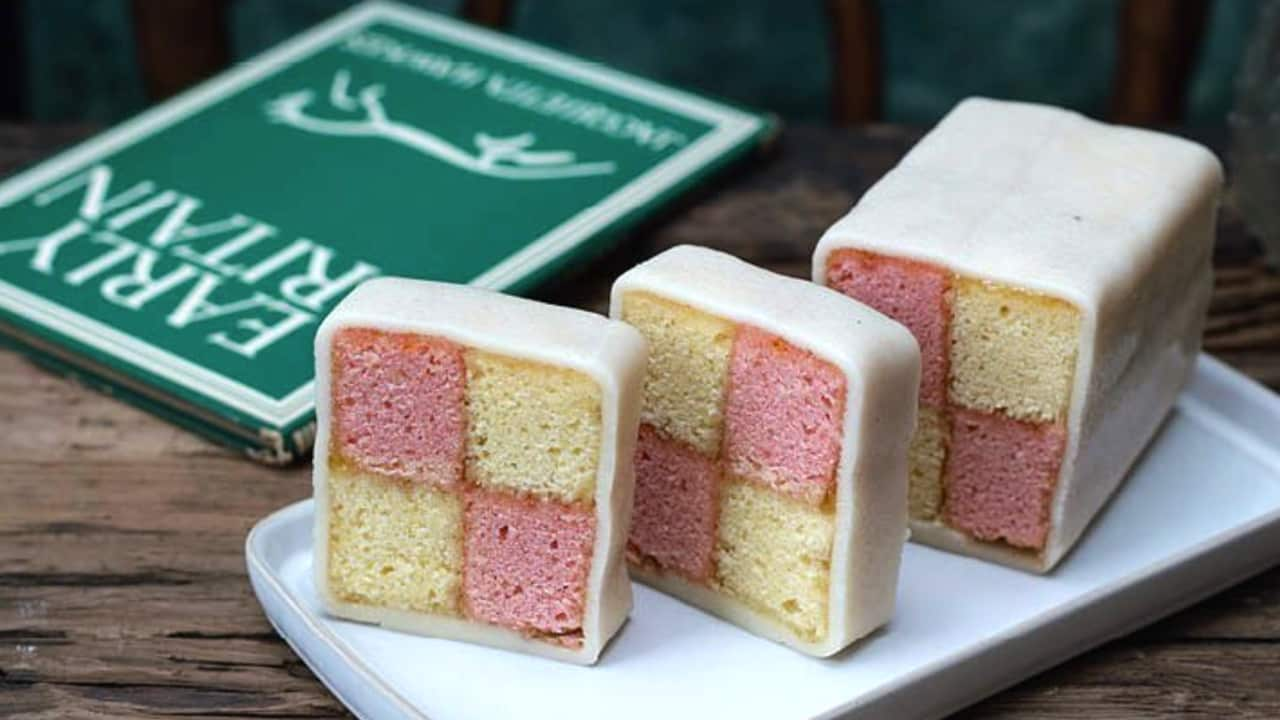It was during a trip to her local grocer that Maheen Imam, the communications manager for faith-based charity, , realised Ramadan was going to be different this year.
"No matter how hard you looked, you couldn't get your hands on any basic staples you'd require to make your traditional iftar (breaking of the fast) dishes," she says. "People had been panic buying for weeks so there was no rice to be found and no lentils."
By now we're all familiar with the panic-buying saga, and the regular announcements of pandemic-related cancellations of cultural events across the nation.
Ramadan, the holiest month in the Islamic calendar – a time where the world's 1.8 billion Muslims fast from sunrise to sunset, and invest in community, charity and deep reflection – is no different.
Mosques have been closed and gatherings (an integral part of iftar where the fast is traditionally broken with extended family and friends) have been banned. It is no surprise that festivities, such as the hugely popular Ramadan Nights Food Market in Sydney's Lakemba, have also been given a red card.
THE POWER OF FOOD

Our food traditions are the vital ties that hold us together
One person who understands the disappointment regarding the cancellation of the vibrant food market is Mayor, Khal Asfour. "Lakemba has become the home of Sydney's best place to celebrate and experience Ramadan, and at the heart of the event is a focus on fostering inclusivity by breaking down barriers through food," he explains.
"Last year, more than 250,000 people attended the month-long event with 73 per cent of people attending coming from outside of the city wanting to attend a unique cultural experience," he says of the Haldon Street festival which turns into a bustling bazaar of international cuisine as soon as the sun sets.
While Asfour is confident the popular food festival will be back better than ever in 2021, he says 2020 isn't without opportunity. "Despite the challenging times we face, and while disappointed that the event cannot go ahead, our city's Muslim community will continue to observe the Holy Month and reflect on its meaning at home with their families."
Overseas, Muslims are increasingly taking their Ramadan celebrations online, with restaurants in many countries preparing and delivering takeaway iftar banquets and creating virtual iftar sessions via Skype to enjoy dinner with family and friends.
Australia is no different, says Maheen Imam, who has written a to making the best of Ramadan during the pandemic.
"Already we've been witnessing a lot of our community members using social media to connect with others, whether it be through sharing recipes, posting dishes on Instagram or blogging about menus they’re planning for Ramadan," she explains. "We're expecting a sharp increase in the presence of these posts as the weeks go on and people find innovative ways to connect with loved ones during a time of social distancing."
Our city's Muslim community will continue to observe the Holy Month and reflect on its meaning at home with their families.
For those who don't wish to cook, some restaurants are delivering Ramadan banquets. But to make the experience more authentic, Imam recommends bonding over virtual iftar dinners. "It isn't easy because you're not all eating the same dishes, but live-streaming your iftar with family and friends and having Zoom catch-ups can help foster that sense of community," she says.
And finally, it's important to remember that one of the main pillars of Islam is giving and sharing with those less fortunate than ourselves.
"If there's one positive I've witnessed in the last few weeks, it's the increase in those – particularly Muslim youth – wanting to volunteer their time collecting donations for food packs and distributing the packs to those in need.
"Yes, there are downsides to how the pandemic is affecting Ramadan this year but there are plenty of positives too."
HOW TO CELEBRATE RAMADAN AT HOME

12 dishes perfect for celebrating Eid al-Fitr






